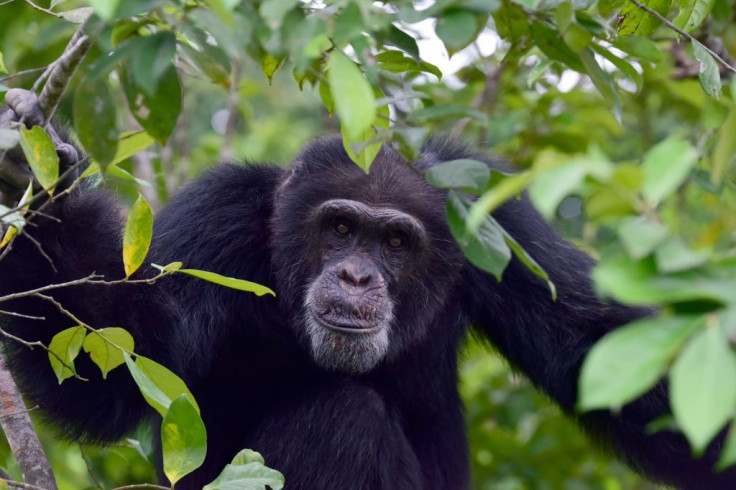Gorilla Feces Could Reveal Secrets To Better, Healthier Human Diet

A group of scientists studied fecal samples of wild gorillas and chimpanzees, something that could reveal a lot about our dietary needs.
Though the idea of studying animal poop for gaining insight into human evolution and health seems a little weird, scientists think the extant species of apes might do us some good, considering they all form part of the of the Hominidae family, which includes modern-day humans as well as our extinct relatives.
Researchers from the Center for Infection and Immunity (CII) at Columbia University's Mailman School of Public Health also shared the same opinion. So, they decided to collect fecal samples from as many as 87 wild African great apes – gorillas and chimpanzees – living the Sangha region of the Republic of Congo and compare them with those collected from human populations.
The idea behind the effort, which took them three years, was to see and analyze how the gut microbiome in the apes differed from those in humans. They used genetic sequencing techniques for the task and were totally blown away by the findings.
The observations revealed microbiomes present in the gut of the gorillas varied with seasons and the dietary changes that came along with those seasons. During warm summer days when juicy fruits made a major portion of their meals, different microbes dominated their guts, while during the wetter parts of the year when the animals fed on fibrous food, leaves and bark, another group was seen.
"We observed dramatic changes in the gorilla and chimpanzee microbiomes depending on seasons and what they are eating," senior author Brent L. Williams, said in a statement.
“While our human genomes share a great deal of similarity with those of our closest living relatives, our second genome (the microbiome) has some important distinctions, including reduced diversity and the absence of bacteria and archaea that appear to be important for fiber fermentation," study author Allison L. Hicks, said in the statement.
Put simply, it’s a process of change where the bacteria required for breaking down fiber-rich food is replaced by a completely different microbe group that breaks down fruits but also feeds on the mucous layer in their gut.
It is also worth noting the group noted something similar in the Hadza indigenous ethnic group living in Tanzania. The hunter-gatherers change their diets depending on the ongoing season. However, that does not happen in industrialized cultures where people are less reliant on seasonally available foods and supply chain has been globalized.
That said, the group now believes understanding the fluctuation of these microbes during different seasons could be the key to know how the process influences health and diseases.
"The fact that our microbiomes are so different from our nearest living evolutionary relatives says something about how much we've changed our diets, consuming more protein and animal fat at the expense of fiber," Williams added. "Many humans may be living in a constant state of fiber deficiency. Such a state may be promoting the growth of bacteria that degrade our protective mucous layer, which may have implications for intestinal inflammation, even colon cancer."
The study, titled “Gut microbiomes of wild great apes fluctuate seasonally in response to diet,” was published May 3 in the journal Nature Communications.
© Copyright IBTimes 2024. All rights reserved.




















